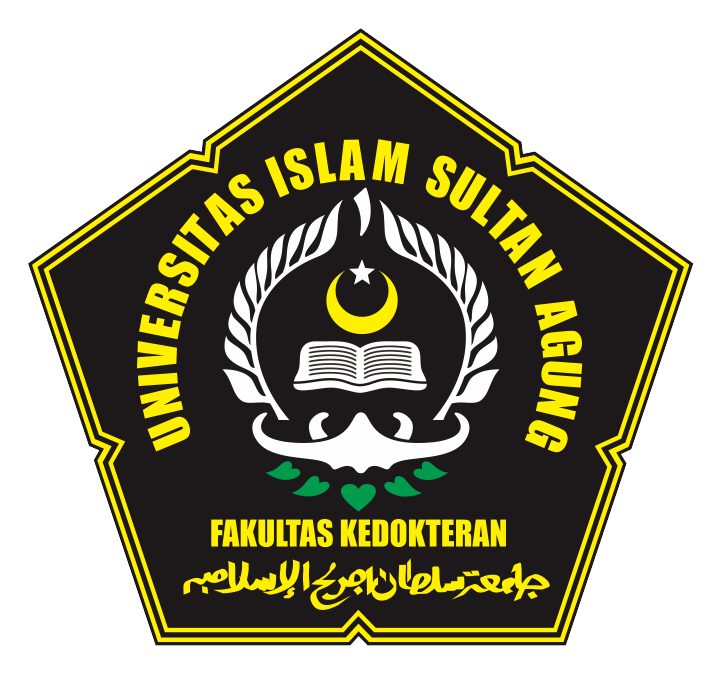Department of Otolaryngology-Head and Neck Surgery, Faculty of Medicine, Universitas Islam Sultan Agung, Semarang - Indonesia
Department of Otolaryngology-Head and Neck Surgery, Faculty of Medicine, Universitas Islam Sultan Agung, Semarang


